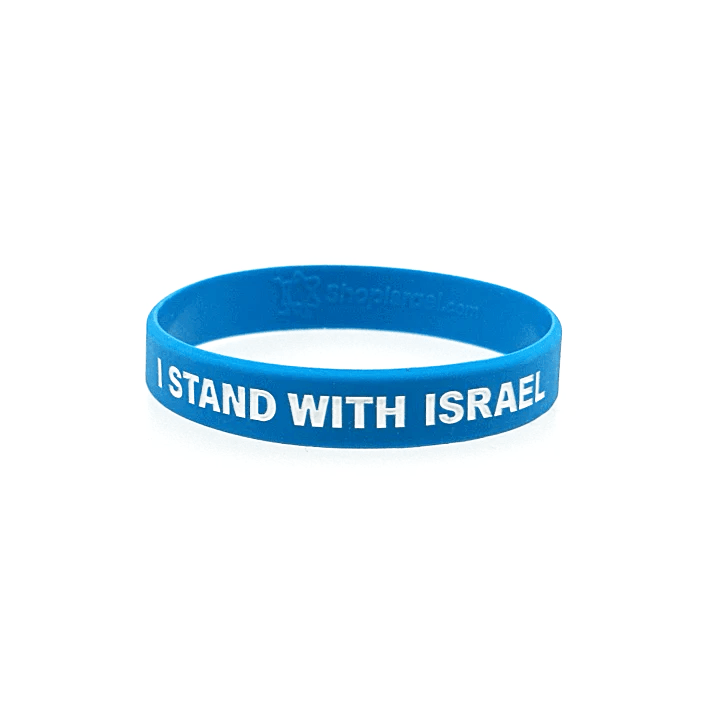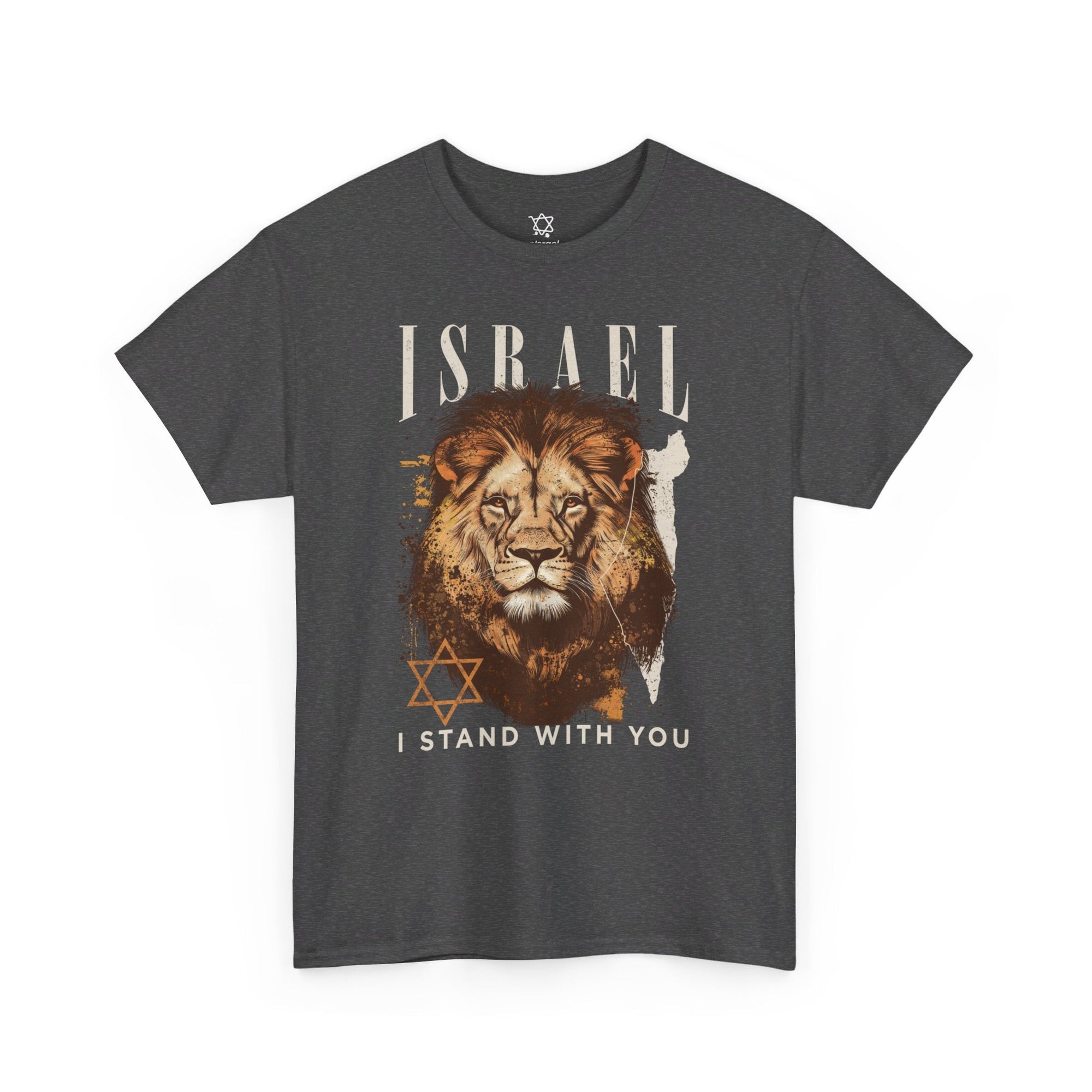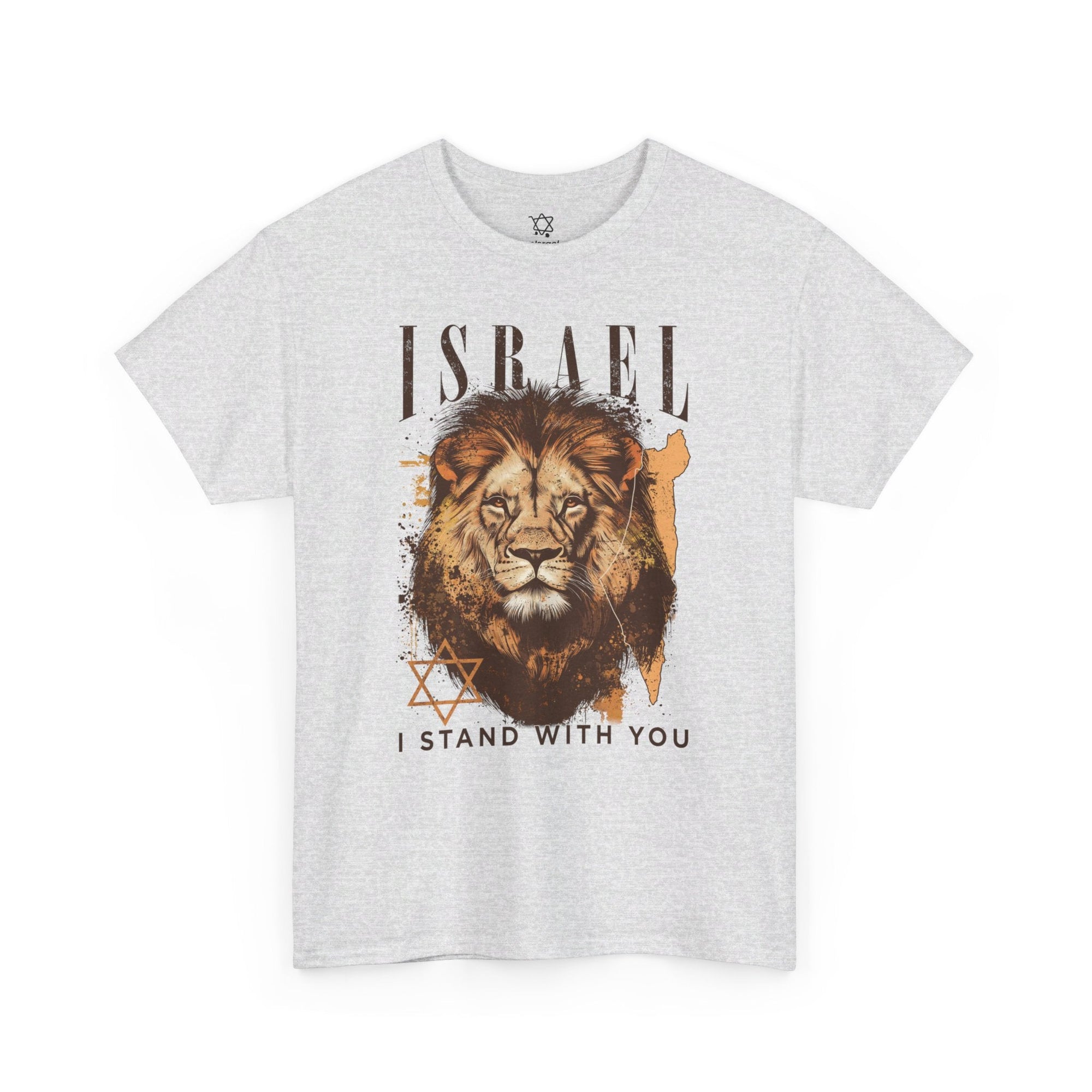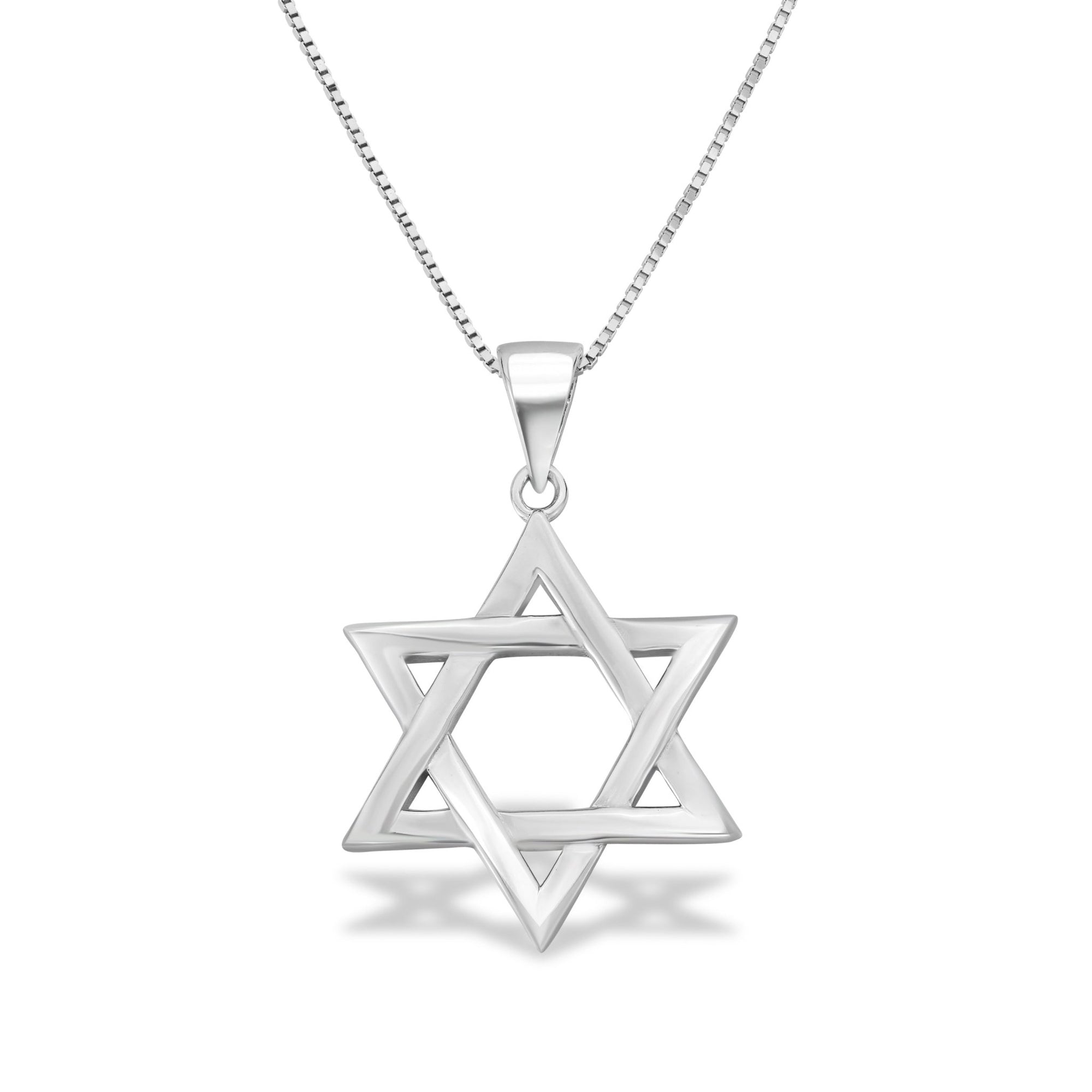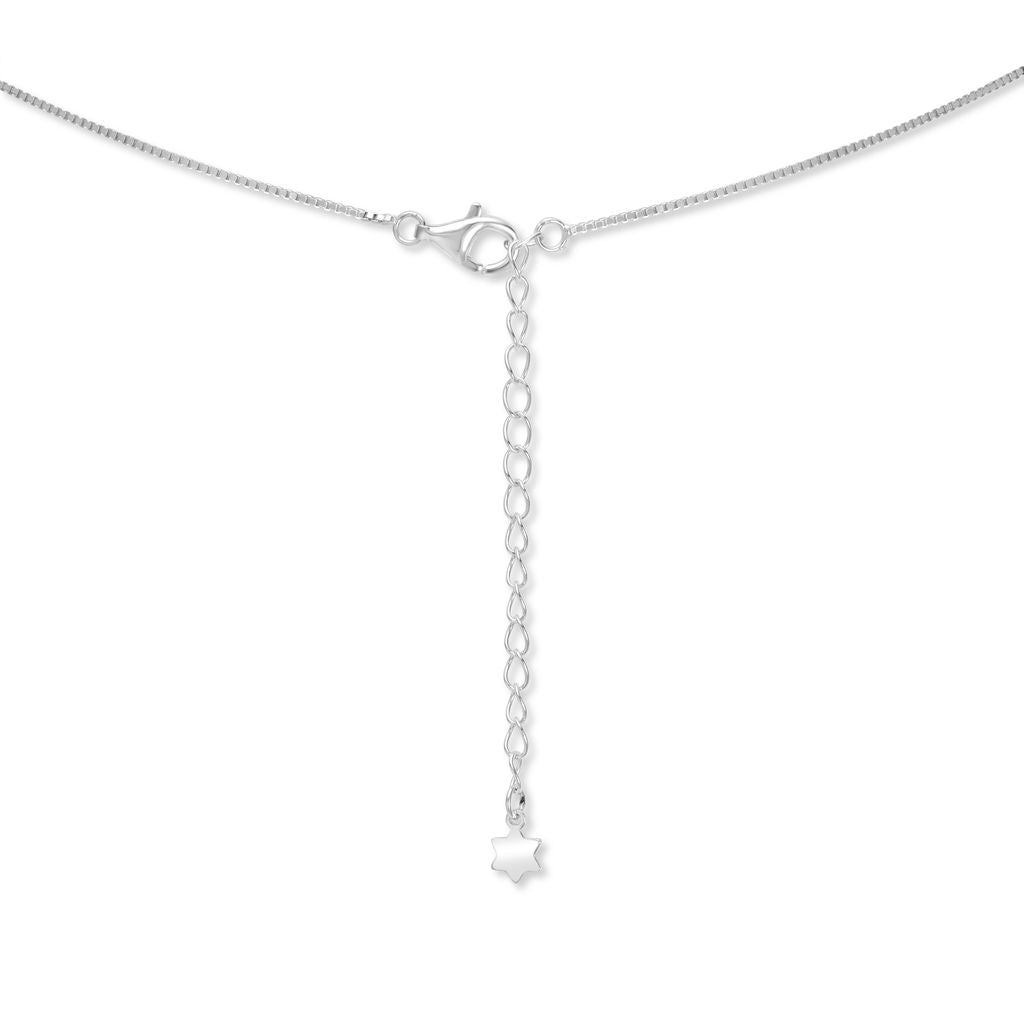Key Takeaways
- Andrew Tate has not been noted for any direct engagements or visits to Israel, nor has he established personal connections with Israeli communities.
- He has made public statements regarding the Israel-Palestine conflict, labeling Israel's actions as "genocide" and refusing to condemn Hamas as a terrorist organization.
- Tate's political stance is critical of Israel, aligning with a perspective that views Israel's actions as oppressive and unjust.
Has Andrew Tate Engaged with Israel Directly?
Andrew Tate does not appear to have engaged directly with Israel through visits, events, or personal connections. There is no evidence of him establishing ties with Israeli communities or collaborating with Israeli organizations.
- There are no recorded instances of Andrew Tate visiting Israel or participating in events related to Israeli affairs.
- He has not been involved in any known efforts to establish personal or professional ties with Israeli communities.
Has Andrew Tate Expressed Opinions on Israel?
Andrew Tate has expressed strong opinions regarding Israel, particularly in the context of the Israel-Palestine conflict. His statements have been critical of Israel's actions and have sparked controversy.
- In a notable interview, Tate described Israel's actions as "genocide," comparing the situation to a war but emphasizing that it is more akin to a genocide due to the advanced weaponry used.
- He has refused to condemn Hamas as a terrorist organization, instead framing the conflict within a broader context of oppression and resistance.
- Tate has participated in discussions where he compared Israel's military actions to those of other historical conflicts, questioning the legitimacy of Israel's responses.
What Is Andrew Tate’s Stance on Politics and Israel?
Andrew Tate's political perspective is generally critical of authority and power structures, which extends to his views on Israel. He aligns with a narrative that portrays Israel's actions as oppressive and unjust.
- Andrew Tate's overall political alignment is anti-establishment and critical of perceived injustices, which he applies to the Israel-Palestine conflict by criticizing Israel's actions.
-
Key statements regarding Israel include:
- He has publicly accused Israel of committing "genocide" against Palestinians.
- He refuses to condemn Hamas as a terrorist organization, instead framing their actions within a context of resistance.
- Tate argues that Israel's military responses are disproportionate and unjustified.
Community Engagement and Advocacy
Andrew Tate's community engagement and advocacy efforts do not appear to include any initiatives specifically related to Israel. His advocacy is more focused on broader social and political issues.
- There is no evidence of Andrew Tate engaging in charitable or advocacy work specifically related to Israel or Israeli organizations.
- His advocacy efforts are generally aimed at challenging what he perceives as oppressive systems, which includes his critique of Israel's actions in the conflict.
Cultural Impact Related to Israel
Andrew Tate's influence on cultural perceptions of Israel is largely negative, as his public statements have contributed to a narrative that criticizes Israel's actions in the conflict.
- His statements have resonated with audiences critical of Israel, potentially influencing cultural perceptions by framing the conflict in terms of oppression and resistance.
- There is no evidence of Tate's influence aligning with or supporting local Israeli cultural initiatives; instead, his impact is more aligned with global critiques of Israel.
Conclusion: Andrew Tate's Relationship with Israel
Andrew Tate's relationship with Israel is characterized by his critical public statements regarding the Israel-Palestine conflict. He has accused Israel of genocide and refused to condemn Hamas, aligning with a narrative that views Israel's actions as unjust. Based on these statements, it is clear that Andrew Tate does not support Israel's actions in the conflict. His influence on cultural perceptions of Israel is negative, contributing to a global narrative that critiques Israel's role in the conflict.









